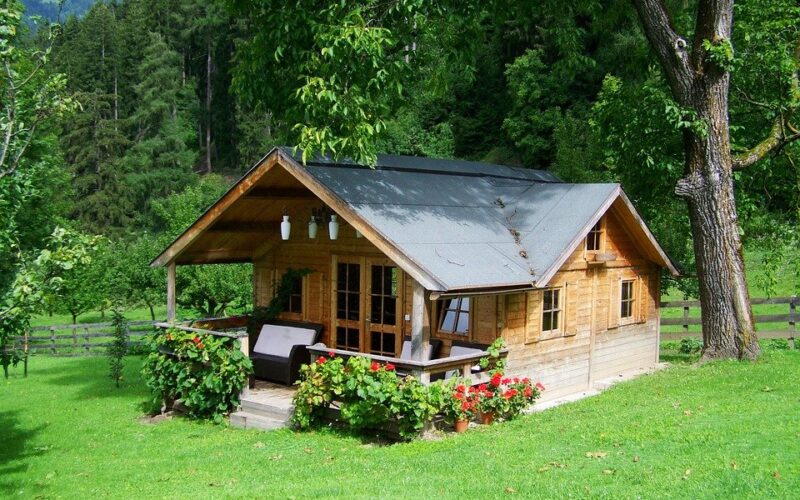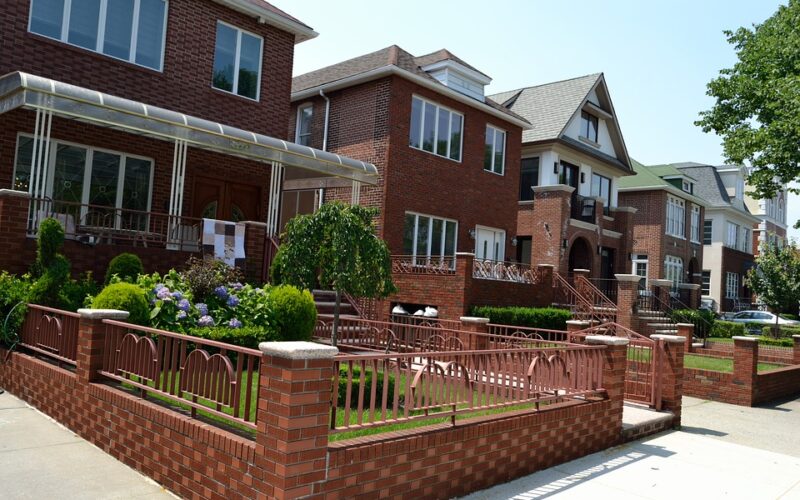When you're in the market for a new home, you might be drawn to eye-catching designs or mesmerising interior features. Yet, the age-old adage 'location, location, location' still rings true as one of the most crucial considerations when buying a house. But what exactly makes a good location? Below, we explore the factors that can turn a house into a lasting home by virtue of where it's situated.
Consider the commute
For most people, the daily trek to and from work significantly impacts quality of life. Choosing a home with a convenient commute can save hours each week—an invaluable gift of extra time for yourself or with family. Proximity to major roads or public transport options, while being sufficiently insulated from noise and traffic, is a balance well worth striking.
Quality education opportunities
For those with children or planning to start a family, local schools are a top priority. A good location often means access to quality education, from preschool all the way through to high schools. Homes in reputable school district boundaries often retain better long-term property values, making this factor a wise consideration even for those without children.
Accessibility to amenities
The local amenities can vastly improve your living experience. Grocery stores, hospitals, post offices, banks, and recreational facilities within a comfortable range should be part of your location checklist. Additionally, restaurants, cafes, cinemas, and shopping centres can turn a neighbourhood into a vibrant community and an enjoyable place to live.
Safety and security
A neighbourhood's safety record is paramount for peace of mind. Checking crime statistics and the presence of local community policing can give insights into the security of an area. A safe environment is not only about less risk but also about a stronger sense of community and camaraderie among neighbours.
The natural environment
Proximity to nature has been linked to numerous health benefits, making green spaces, parks, and bodies of water highly desirable location features. Homes in these areas often provide a tranquil environment away from the bustle of city life, offering opportunities for relaxation and outdoor activities right on your doorstep.
Property value trends
It's important to consider whether a house is in an area where property values are stable or rising. This requires some research into past price trends and predictions for future development. Additionally, assessing the quality and upkeep of surrounding properties can give clues to the neighbourhood’s long-term desirability.
Community and culture
Ultimately, a house is more than just a structure—it's a part of a larger community. The local culture, diversity, neighbourhood activities and events can influence your sense of belonging. Before deciding on a location, spend some time in the area, attend local events, and talk to residents to get a feel for the community spirit.
Future developments
Plans for future development can impact your experience of living in a location. Changes such as new transport links, schools or large scale commercial developments can affect not just property values but also noise levels, traffic and the local environment. Keeping an eye on the local council’s future plans should be part of your due diligence.
Selecting the right location for a new house is a complex interplay of practicality, quality of life, and investment strategy. While personal preferences will vary, the factors outlined above universally contribute to what makes a house’s location desirable. Remember to explore, research and think ahead when making this all-important decision. Your future self will thank you for the time and thought you invest in selecting not just a house, but a true home.





















